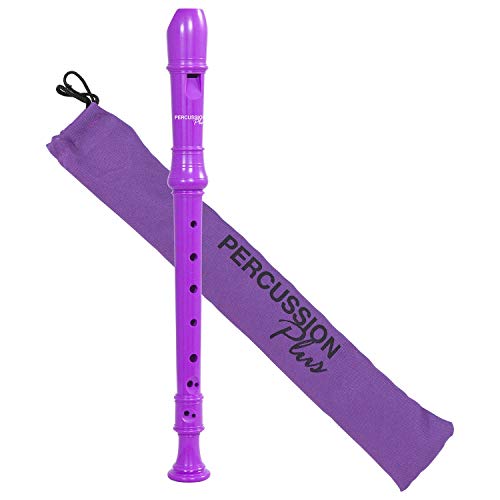Why it’s important to clean your recorder
Whether you’re a devoted musician or a student who’s just learning how to play, cleaning your recorder is essential for maintaining its sound quality and lifespan. Regular maintenance can help prevent the buildup of debris, mold, and bacteria that can affect the instrument’s sound and longevity. However, if you’re not sure where to start when it comes to cleaning your recorder, don’t worry! In this article, we’ll cover the basics of recorder cleaning, including what you’ll need to get started and step-by-step instructions for keeping your recorder in tip-top shape.
Gather your supplies
The first step in cleaning your recorder is gathering the necessary supplies. Here’s what you’ll need:
- A soft, lint-free cloth
- A cleaning rod or dowel
- A small brush (such as a toothbrush)
- Luke-warm water
- Mild soap (such as dish soap)
Clean the outside of the recorder
To clean the outside of your recorder, use a soft, lint-free cloth to wipe down the instrument from top to bottom. Be sure to clean the areas around the finger holes and the mouthpiece, where debris and moisture can accumulate. If necessary, you can use a small amount of mild soap and luke-warm water to remove stubborn stains or buildup. Be sure to dry the instrument thoroughly with a separate cloth, and avoid getting water inside the instrument.
Clean the inside of the recorder
Next, you’ll want to clean the inside of the recorder to remove any debris or moisture that may have accumulated. Insert a cleaning rod or dowel through the top of the instrument, and gently rotate the rod as you move it in and out of the recorder. This will help remove any moisture or debris that may be trapped inside. You can also use a small brush (such as a toothbrush) to clean the harder-to-reach areas.
Store your recorder properly
After you’ve cleaned your recorder, it’s important to store it properly to prevent damage and maintain its cleanliness. Be sure to store your recorder in a dry, cool place, and avoid leaving it out in direct sunlight or extreme temperatures. You may also want to consider investing in a recorder case to protect your instrument during transport and storage.






